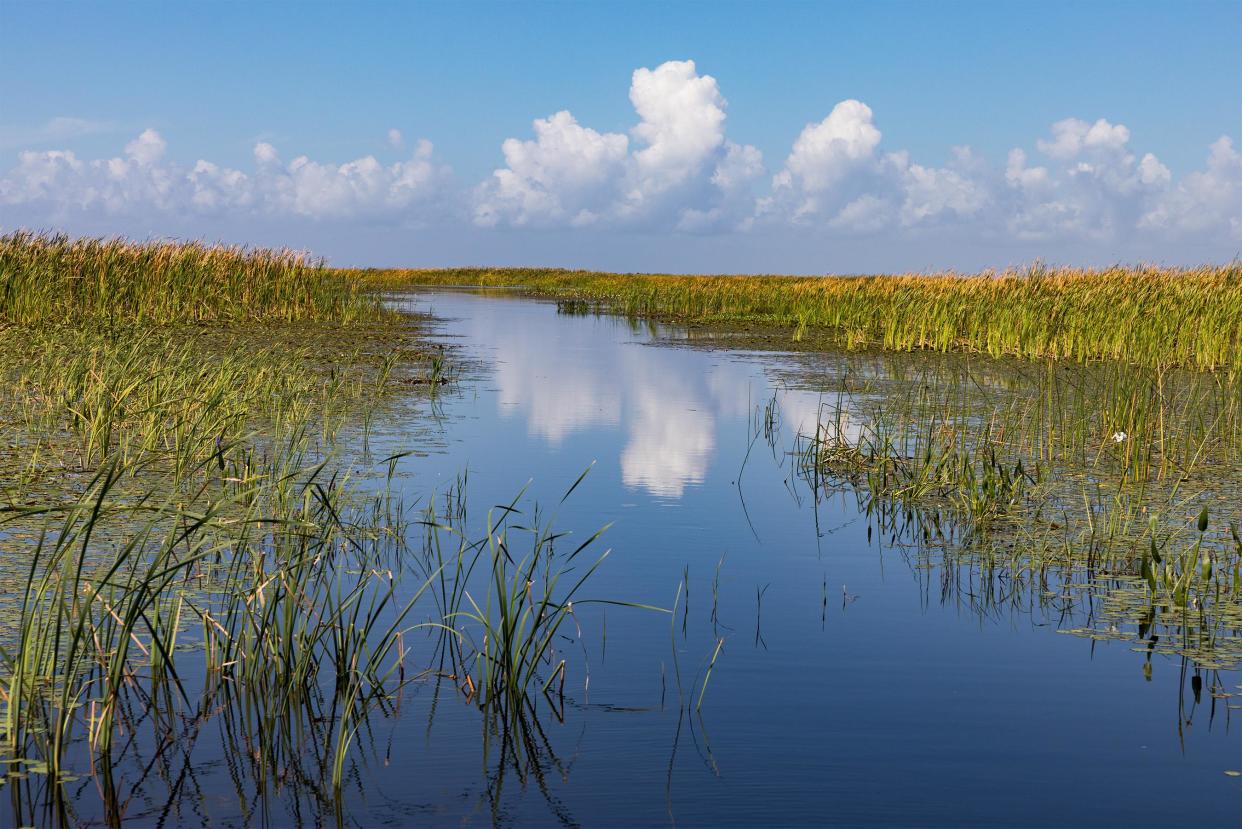Solve Florida's water issues before they reach crisis levels | Commentary

As another year begins, conversation flows on issues surrounding Florida’s water, exploring opportunities to make progress on several fronts.
There are two major water issues await Florida officials and lawmakers: The first relates to water on the interior of our state, the second is focused on the water that surrounds us.
Let’s begin with the interior – Lake Okeechobee. After years of moving toward a new management plan for the Lake, a final framework was established for the new Lake Okeechobee Systems Operations Manual, better known as LOSOM. While many of the metrics released by the Army Corps show some improvement to water supply which directly impacts South Florida’s nearly 7 million residents, it stops short of offering some crucial assurances to these communities – particularly in terms of how our water will be managed in the event of a shortage.
Toxic algae: West Palm Beach asks for water supply changes to avert toxic algae outbreak
For Subscribers: DeSantis, Democrats trade barbs over Everglades restoration, infrastructure funding
While South Florida has been fortunate in avoiding a major drought for several years, we cannot operate as if one will never come. Incorrect lake management could deeply strain our utilities and the public. In its current – but unfinalized form – LOSOM has removed the legal protections to South Florida water users, which have been in place since 2000. It also fails to turn over water supply management to local state agencies until a water shortage has begun. This squanders an opportunity to improve water supply performance for all of us. Our water should be managed by those that know our water best – local agencies and utilities that oversee specific populations throughout the state.

Moving to the exterior – sea level rise. The Legislature was correct to identify sea level rise as a priority and establish a trust fund to enable work to mitigate this encroaching crisis. For the 2022 session, legislation has been introduced that builds on this momentum: Senate Bill 1238, or “Saltwater Intrusion Vulnerability Assessments.” This bill requires Florida’s 35 coastal counties to study infrastructure to determine how prepared they are against saltwater intrusion, one of the primary effects of sea level rise. Secondly, less-populated coastal areas can obtain cost-share assistance from the trust fund established last year.
If we’ve learned anything from the environmental disasters that have wreaked global havoc over the last several years, it’s that we should begin solving complex problems before they begin. The opportunities are endless – but time is not.
Ryan A. Rossi, director of the South Florida Water Coalition, is a resident of Boca Raton.
This article originally appeared on Palm Beach Post: Florida lawmakers must address Lake Okeechobee and sea level rise

